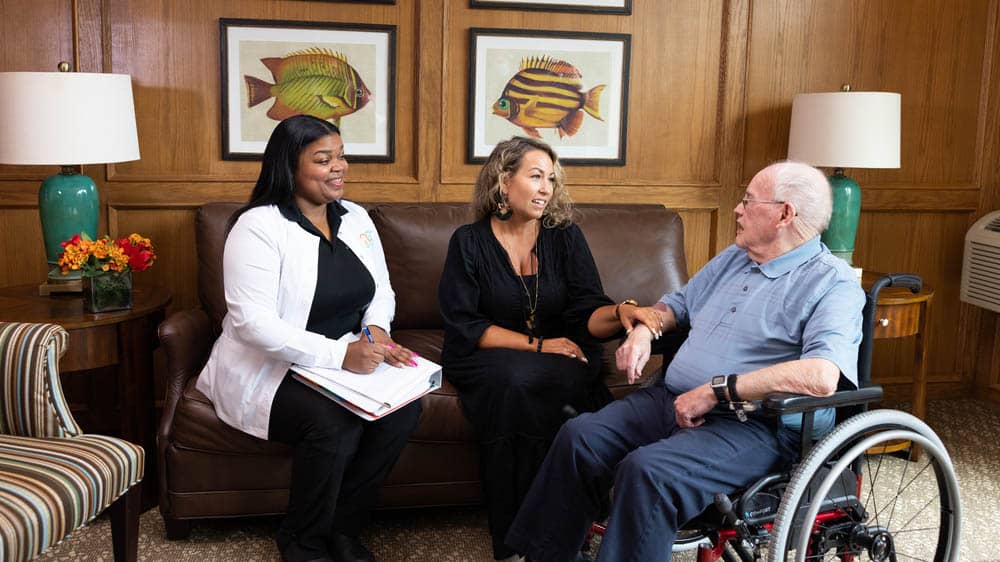

The Downsizing Dilemma for Baby Boomers
You love your community after living in the same house for decades, but your neighbors are beginning to downsize and move away. Did it ever cross your mind to “simplify your life” and follow suit to relocate? “But I love the neighborhood!” you say. Unfortunately, the estates surrounding you are equally big and your option to downsize seems limited.
Nationwide, most communities were not designed to keep pace with the rapid-rise housing market for the boomer generation. While many boomers seek smaller one-story homes with less maintenance and higher efficiency (which means lower living costs) in a walkable neighborhood, they are often disappointed to find a real estate market saturated with luxury homes or government assistance residences.
Alternatives to New Housing
As the housing market is getting tighter, it may be better to wait for what you really want in a home than to sink money in a property that dulls your golden years. Avoid reacting too hastily and stay flexible. Consider the following questions:
- Should I remodel instead of move? Is it more financially sound to modify your existing home than look for a house or condo already adapted for retirement living? Home improvement projects can include decluttering, adding extra lighting, and installing a bedroom and a bathroom (with grab bars and slip-resistant floors) on the first level.
- Should I integrate home technology to enhance efficiency and convenience? Smart-home technology can help you achieve energy efficiency and improve safety. Virtual assistants such as Amazon’s Alexa are also becoming available to make your daily life a lot easier.
- Should I sell my home and become a renter? Make an estimate of your retirement income, including your Social Security, pension, investments, military benefits and other earnings. Keep your financial options open!
The Joint Center for Housing Studies at Harvard University projects that by 2035, one-third of American households will be headed by an older adult aged 65 or older—surging from 24 million in 2015 to 38 million by 2035. Within the next 20 years, older U.S. households with a disability involving mobility, self-care or home activity will increase by 76 percent.
While private and public leaders collaborate to ease America’s senior housing problem, with some forethought, you can position yourself for a home that best matches your health, finance and lifestyle preferences.
What challenges does your community face regarding retirement living?







